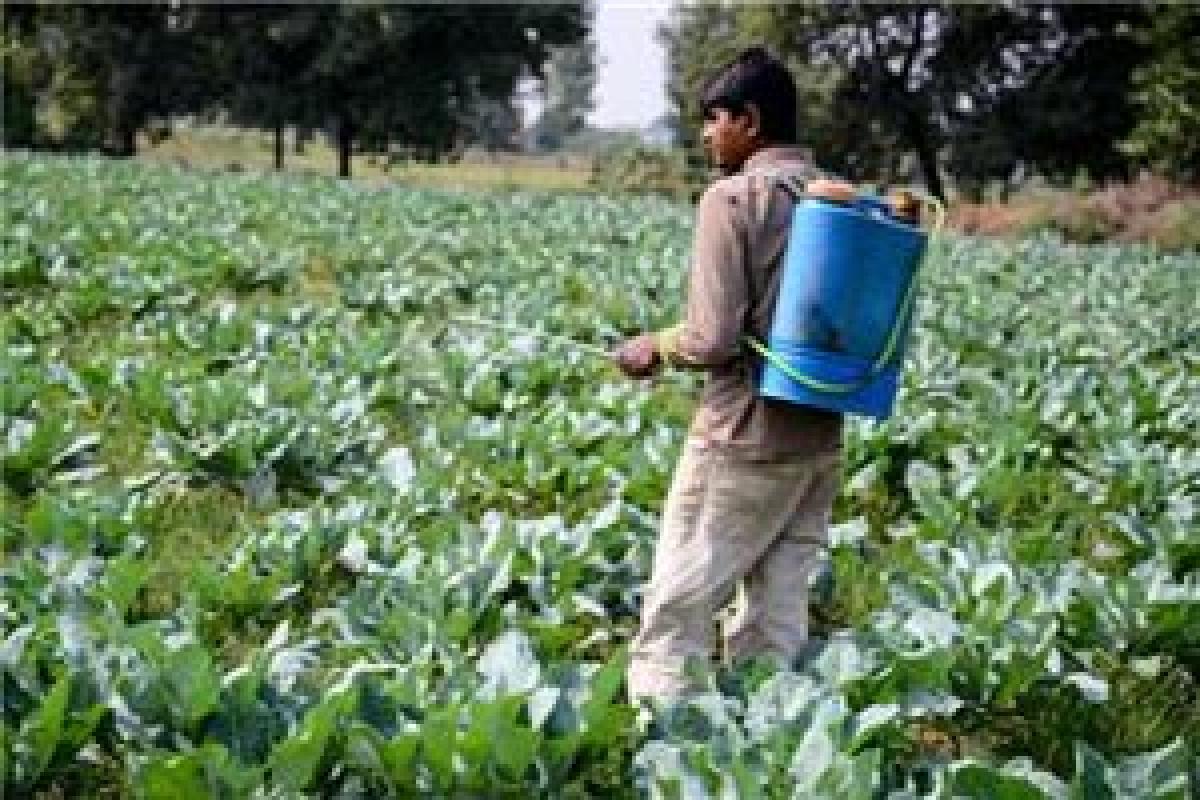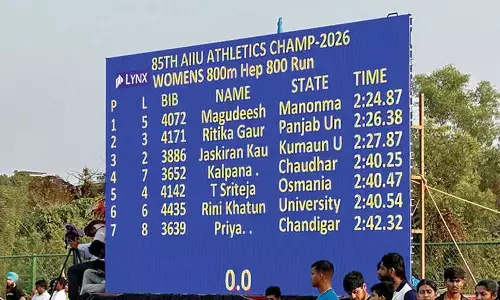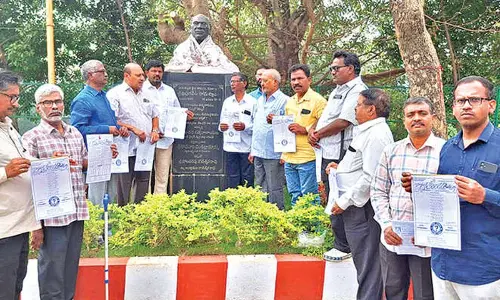All pesticides harmful; Govt bans only a few

The decision to ban 18 pesticides in India brings hope, but it should be extended to include all the pesticides which are banned or restricted elsewhere but are still used in India.
The decision to ban 18 pesticides in India brings hope, but it should be extended to include all the pesticides which are banned or restricted elsewhere but are still used in India. The Centre has issued an order Banning of Pesticides Order, 2016 to ban manufacture, import, formulate, transport, sell and use of 18 of the 66 pesticides which are still registered for domestic use in India.
The Anupam Varma Committee was constituted in 2013 to review the use of neonicotinoid pesticides in India, but in the same year the mandate of the expert committee was extended to include the 66 pesticides banned or restricted in other countries but continued to be registered for use in India. The expert committee submitted its review report by the end of 2015.
Though it is considered as a good move by the Union Agriculture Department to ban these 18 pesticides, concerns about the remaining 48 pesticides remain. An analysis of the ban list shows that most of them were registered almost 30 years back, and are probably not in use anyway, because farmers might have moved on, with new products.
Herbicides are probably competitors for new herbicide products, that market dominants such as paraquat and glyphosate. Thus, the entire exercise of review and the final result does not give the confidence that this review was done mainly to protect environment, ecology and the health of farmers and consumers.
A few of them are deemed to be registered pesticides (DRP) indicating lack of records, which is a limitation on the review of the Committee. Apparently, the review was done in consultation with pesticide industry representatives, casting a shadow on the objectivity of the entire review.
Even the recommendations of the Verma Committee have not been considered by the Registration Committee in toto. Thus, the review itself has gone through a filtration, that has not been defined the objective to protect public health and environmental safety.
According to Pesticide Action Network India Director C Jayakumar, “it is unfair and a failure of governance that Indian government allows the use of hazardous pesticides that are either banned or restricted in other countries over health and environmental impacts.” He pointed that allowing the use of remaining 48 pesticides cannot be justified as there is more than enough information available on their hazardous nature and harms it can cause to people and the country.
It may be because of the pressure from the industry that the government is unable to take a decision to ban the entire 66 pesticides. In effect, the government is actually promoting the use of such hazardous pesticides and thereby continuing to put farming communities and consumers in India to innumerable health and environmental risks.
Unfortunately, the ban list does not include paraquat dichloride, a highly hazardous herbicide, which is already banned in Kerala, but is used in rest of India. Paraquat is a candidate for the Prior Informed Consent (PIC) list of Rotterdam Convention. The use of paraquat is banned or disallowed in at least 32 countries including members of European Union due to its adverse health effects.
In Switzerland, the home country of Syngenta, the main producer of paraquat, it is banned since 1989 due to its high acute toxicity for humans. Glyphosate, a widely used herbicide is also not on the ban list, even though the World Health Organisation recently classified it as a carcinogenic chemical.
Government should release the report submitted by the Anupam Varma Committee for public scrutiny. It is important people learn the parameters that have been applied in reviewing these pesticides.
By Dr Donthi Narasimha Reddy

















